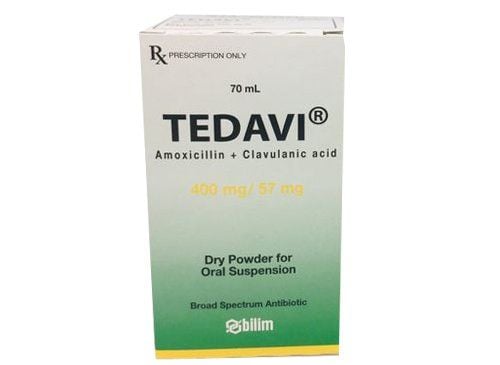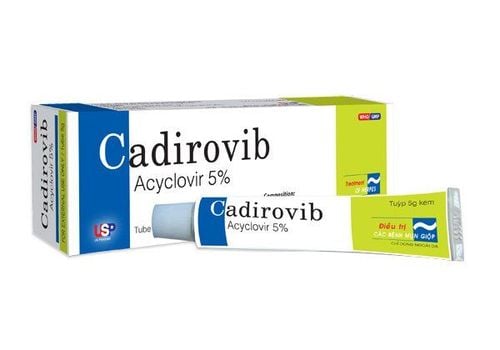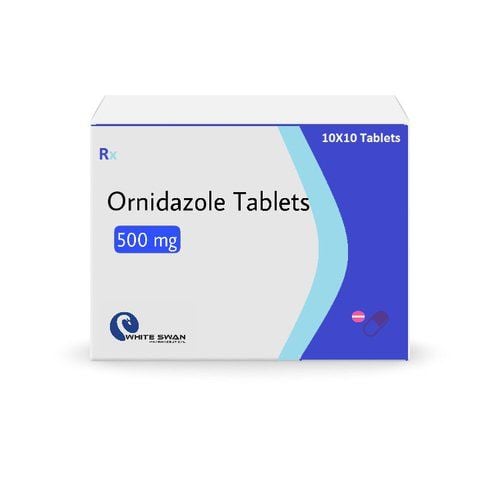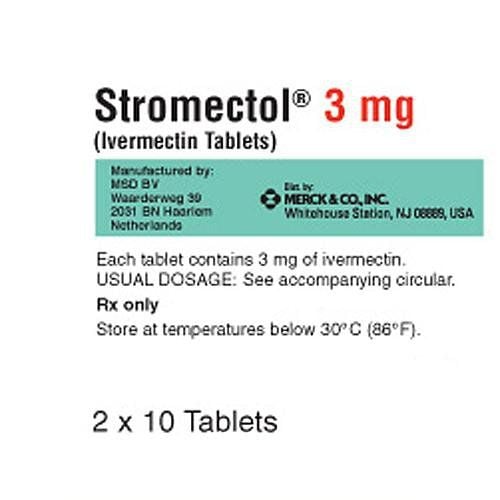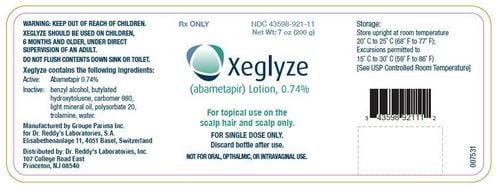This is an automatically translated article.
If left unchecked, foodborne parasites and bacteria can be deadly and their control is a matter of concern to the authorities and food manufacturers. Products. You often cannot detect parasites or bacteria in food, which can make you a little worried. Here are 8 types of parasites and bacteria that can lurk in food along with some simple methods to prevent them from entering the body.
1. Escherichia coli
Escherichia coli is a bacterium that produces Shiga toxin that is dangerous to humans. The most common bacteria in food is undercooked beef. We cannot detect E. coli in food, so it is easy to ingest and causes symptoms of stomach cramps, vomiting, fever and diarrhea, often bloody stools.
There is no medicine that can help treat E. coli infection and there is no vaccine that can prevent it. You can reduce your risk by thoroughly cooking all of your meat. When preparing beef, keep preparation surfaces clean, wash hands frequently, and do not cross-contaminate food and cookware.
2. Giardia
Giardia are one of the most common causes of water- and food-borne diseases. They are parasites in commonly encountered everyday foods such as undercooked pork, lamb or game. Giardia infection is known as Giardia disease.
Symptoms of Giardia infection can be cramps, bloating, diarrhea and nausea. It can take up to 1 to 2 weeks for symptoms to appear and 2 to 6 weeks for them to subside. In rare cases, symptoms can last for months or even years.
Measures that can help you prevent Giardia:
Wash your hands often . Use clean or boiled water to cool. Cook meats thoroughly.
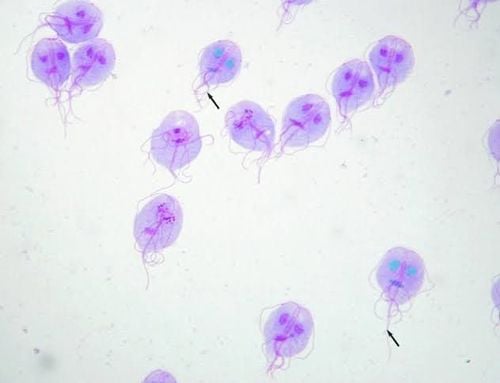
Ký sinh trùng trong thực phẩm cần thận trọng với trùng roi Giardia
3. Tapeworms
There are several types of tapeworms that are food-borne parasites that enter the body through ingestion. Most tapeworms that affect humans come from eating undercooked animal products — especially beef and pork — as well as raw or undercooked fish contaminated with tapeworms.
People can live with tapeworms without knowing it for months, even years. When infected with tapeworms, you may experience weight loss, abdominal pain, and anal burning.
You can prevent tapeworm infections by thoroughly cooking all meats you eat, and washing all fruits and vegetables before eating or cooking with them.
Existing tapeworm infections can be made worse by itching and poor hygiene - where eggs are transferred from the anus to the mouth after scratching or wiping.
4. Toxoplasma gondii
Toxoplasma gondii is a microscopic parasite that causes Toxoplasma disease that can only reproduce inside cats and is spread through cat feces. If you touch an infected cat or handle its litter box without washing your hands afterwards, you can easily transfer the parasites to your food when you handle or prepare it. Then the parasites in the food will be easily transmitted through eating.
The best way to prevent infection is to wash and cook your food thoroughly, wash your hands often, and wear gloves when handling cat feces.
5. Roundworms
Roundworm is also a parasite in food, the most common form is worm eggs. These eggs can remain in your food when you touch contaminated soil or eat fruits and vegetables grown in contaminated soil without washing them first.
Symptoms of ringworm are usually mild, but nausea, vomiting, abdominal pain, as well as cough and difficulty breathing can occur.
You can prevent infection by washing your hands often, washing all food before eating, and avoiding any produce you suspect may have been grown on contaminated soil.
6. Cryptosporidium
Cryptosporidium is a single-celled parasite with a hard shell, the Cryptosporidium parasite found in fresh produce, milk and fruit juices.
Cryptosporidiosis (Crypto) - a parasitic infection, which can cause abdominal pain, fever, cramps and watery diarrhea. These symptoms usually appear 2 to 10 days (or average 7 days) after ingestion. If you come into contact with feces containing the parasite (for example, when changing a diaper), you can also get an infection.
You can prevent Crypto by thoroughly washing all your food, drinking pasteurized milk and juice, and washing your hands often throughout the day to avoid encountering foodborne parasites.
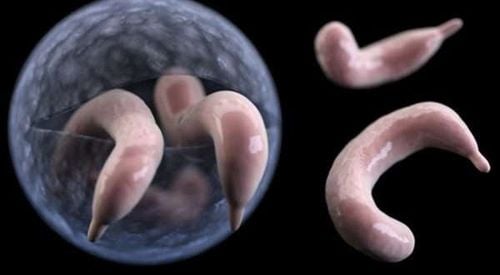
Cryptosporidium là một trong các loại ký sinh trùng trong thực phẩm
7. Fish tapeworm or flatworm
There are several types of flukes or flatworms that can be found in fish, such as Opisthorchiidae and Paragonimus. These flukes or worms are usually destroyed during cooking, so your chances of ingesting parasites in food are raw fish.
Symptoms vary depending on the species, may appear after several months, but they usually include gastrointestinal symptoms. You should be careful in eating, do not eat raw freshwater fish and dishes with unknown preparation methods.
8. Pinworms
Pinworms are also known as threadworms, which include species such as Vibrio vulnificus, Shigella and Trichinella. Pinworms most commonly affect children, but anyone is at risk. Pinworms can get in and spread through poor hygiene such as a child not washing their hands. If one household member is infected, everyone in the household has likely contracted the parasite in the food and needs to be treated.
The most common symptom of pinworm infection is itching around the anus - a symptom that can lead to a more severe infection when children scratch the affected area and transport the worms and eggs back up to the mouth and face.
Although mostly harmless, pinworms are usually treated with medication and can be avoided by adopting proper hygiene practices.
You should always wash your hands after using the bathroom, after changing diapers, before eating and before touching your mouth. Besides, pinworm eggs easily spread and stay under your fingernails. Therefore, they easily enter the body when eating without washing hands properly. Keeping fingernails short can help prevent this.
The risk of parasitic infection in food, germs in food is still very high if body hygiene is not correct or food safety is not guaranteed. You can easily ingest these bacteria and parasites without experiencing any symptoms. If gastrointestinal symptoms appear and there is a risk of people around them being infected with bacteria, parasites or having a habit of eating raw foods, you should see a doctor for examination and advice on the use of antibiotics. , antiparasitic drugs properly.
Follow Vinmec International General Hospital website to get more health, nutrition and beauty information to protect the health of yourself and your loved ones in your family.
Please dial HOTLINE for more information or register for an appointment HERE. Download MyVinmec app to make appointments faster and to manage your bookings easily.
Reference sources: healthline.com, mountelizabeth.com



